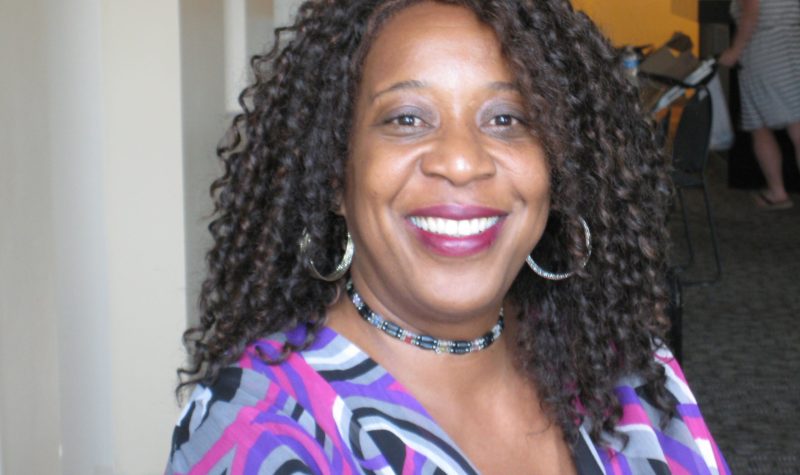In September, the Public Health Agency of Canada announced an $11.5 million investment in mental health support for Canadians. From this, $4.9 million will go towards the Mental Health of Black Canadians Fund. CJRU spoke with Dr. Valerie Borum, director of Ryerson’s School of Social Work, on the intersection of race and mental health.
“It’s impossible to separate the two. When we look at mental health, race is always a variable in a nation that is dominated by whiteness,” Borum says.
Borum’s work explores the role of ethnoculture in health, mental health and disability. She conducts research from a womanist and afrocentric perspective and was based in the United States before joining Ryerson University in early 2020. Reflecting on her research with hearing Black families with D/deaf and hard of hearing children, Borum shares the disconnect she saw between racialized families with which she worked and the narratives that were shaping social work literature at the time.
“The bodies of work pertaining to deafness, deaf children, and parenting were based in white, middle-class experiences and values,” Borum recalls.

Photo Credit: Hybrid on Unsplash
She urges her peers in social work to recognize the ways that race, cultural beliefs, and language contribute to a person’s mental health and their relationship to mental health professionals. Borum adds that the impact of anti-Black racism should be considered.
“We have to begin to look at racism as a broader socio-cultural risk factor that impacts an entire population. That’s not to say that Black people are overwhelmed by racism, but it does have an impact,” Borum says.
When asked about the mental health impact of this summer’s social isolation, and continued protests around social inequities like police brutality, Borum says that this would make for an interesting research question. She says that isolation can generally contribute to feelings of depression and, while police brutality has a long history in North America, Canadians are grieving and responding to this summer’s publicized deaths without access to some of their pre-pandemic support systems.
To learn more about the latest recipients of the Mental Health of Black Canadians Fund, and the resources available through this $4.9 million investment, read the Sept. 2020 backgrounder on the Mental Health of Black Canadians Fund. In the Greater Toronto Area, funding will go towards Women's Health in Women's Hands Community Health Centre, Black Creek Community Health Centre, Black Health Alliance, and TAIBU Community Health Centre.
For more on Borum’s story and commentary on race and mental health, listen to the interview below.


